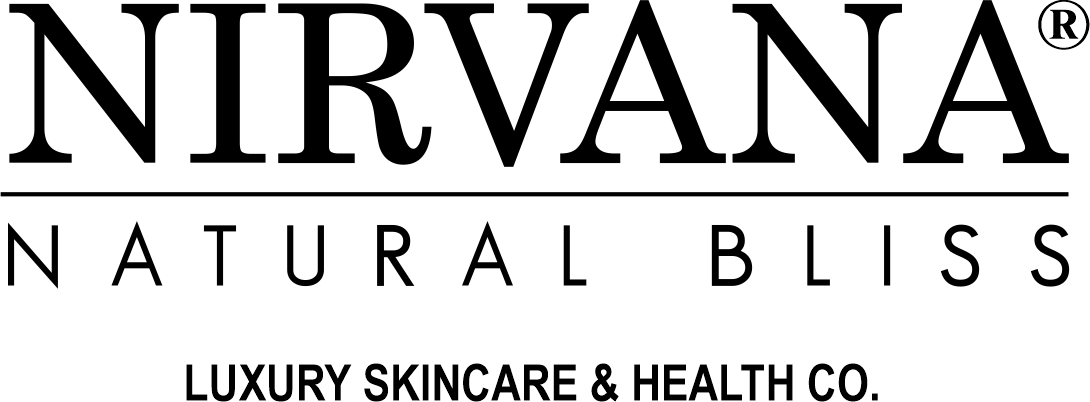Biohacking refers to the practice of using scientific and technological tools to optimize and improve human performance and health. The term "biohacking" comes from the combination of "biology" and "hacking," and it encompasses a broad range of practices and techniques aimed at improving physical, mental, and emotional well-being.
Biohacking can involve a variety of different methods, including nutritional changes, exercise routines, sleep optimisation, stress reduction techniques, supplementation, and even the use of wearable technology and biofeedback devices. The goal of biohacking is to take an active role in one's own health and well-being, using the latest scientific research and technology to optimize performance and achieve optimal health outcomes.
Examples of biohacking techniques include:
Intermittent fasting: Restricting food intake for set periods of time to help promote weight loss and improve metabolic health.
Cold exposure: Taking cold showers or immersing oneself in cold water to improve circulation, reduce inflammation, and boost energy.
Meditation: Practicing mindfulness meditation to reduce stress and improve mental clarity and focus.
Nootropics: Taking supplements or medications that are believed to improve cognitive function, memory, and focus.
Wearable technology: Using devices such as fitness trackers or heart rate monitors to track and optimize physical performance.
The Pros and Cons of Biohacking
Pros:
Improved physical performance: Biohacking can help athletes and fitness enthusiasts enhance their physical performance through the use of supplements, diet, and exercise routines tailored to their individual needs.
Increased mental clarity and focus: Biohacking techniques such as meditation, nootropics, and brainwave entrainment can help individuals achieve better focus and clarity, leading to increased productivity and creativity.
Improved health and well-being: Biohacking can help individuals improve their overall health and well-being by optimizing their diet, sleep patterns, and stress management techniques.
Personalised healthcare: Biohacking can allow individuals to take a more personalised approach to healthcare, using genetic testing and other methods to identify potential health risks and develop tailored treatment plans.
Cons:
Safety concerns: Some biohacking techniques, such as using untested supplements or attempting to alter DNA, can carry significant risks to personal health and safety.
Ethical concerns: Some individuals may argue that biohacking crosses ethical boundaries, particularly when it comes to genetic modification or other potentially controversial techniques.
Limited scientific research: Many biohacking techniques are relatively new and have not been extensively studied, meaning that their long-term safety and effectiveness are unknown.
Financial cost: Biohacking can be expensive, particularly when it comes to purchasing supplements, high-tech gadgets, or other equipment.
It is important to weigh the potential pros and cons of biohacking before deciding whether it is a suitable path for one's personal health and well-being. As with any healthcare or lifestyle choice, it is recommended that individuals consult with a healthcare professional before beginning any biohacking techniques.
While biohacking can be a valuable tool for improving health and well-being, it's important to approach it with caution and to consult with a healthcare professional before making any major changes to your diet or lifestyle. Additionally, some biohacking techniques may not be supported by robust scientific evidence, so it's important to do your research and approach any new techniques with a healthy dose of skepticism.





